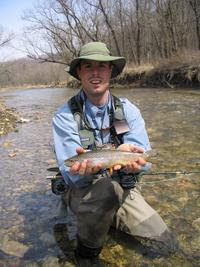Factory Farms
Many animals that are raised for food for people in the U.S. such as cows, pigs, chickens, and turkeys, don’t live outdoors. They seldom see the sun, don’t feel grass underneath their feet, or play chase with their friends. They live in pens and cages in huge buildings called “factory farms“. There are no windows in factory farms, so animals raised there have never seen a cloud, a tree or a flower.
All these animals know about the world is how the steel bars of their cages taste, how it feels to lay or stand on concrete floors and wire cages, and how it feels to be locked in a cage so small that they can hardly move. Factory farms are also dirty and crowded, which makes it easy for diseases to spread. Because of unsanitary, crowded conditions which are filled with disease, farmers must administer antibiotics to animals. The antibiotics in meat eaten by people cause our bodies to harbor bacteria that in turn become resistant to medications. Approximately 78 percent of antibiotic use in our country is done in factory farm environments.
When you eat meat, dairy, or eggs from a factory farm environment, you can harm your health because the unnatural conditions of these operations affect the quality of your food – meats, dairy products, and eggs are full of antibiotics, chemicals, hormones, and the animals are given feed that is unnatural for them to consume (grains, corn, soy) - and ultimately, your health.
Factory farms also harm the environment by the methods used for production and farming. Pollution and waste created in the factory farm environment enter our ecosystems - soil, water, and air, and make our world a more toxic place to live.
Read more @ Agriculture Society.
3/5/09
Subscribe to:
Post Comments (Atom)




No comments:
Post a Comment